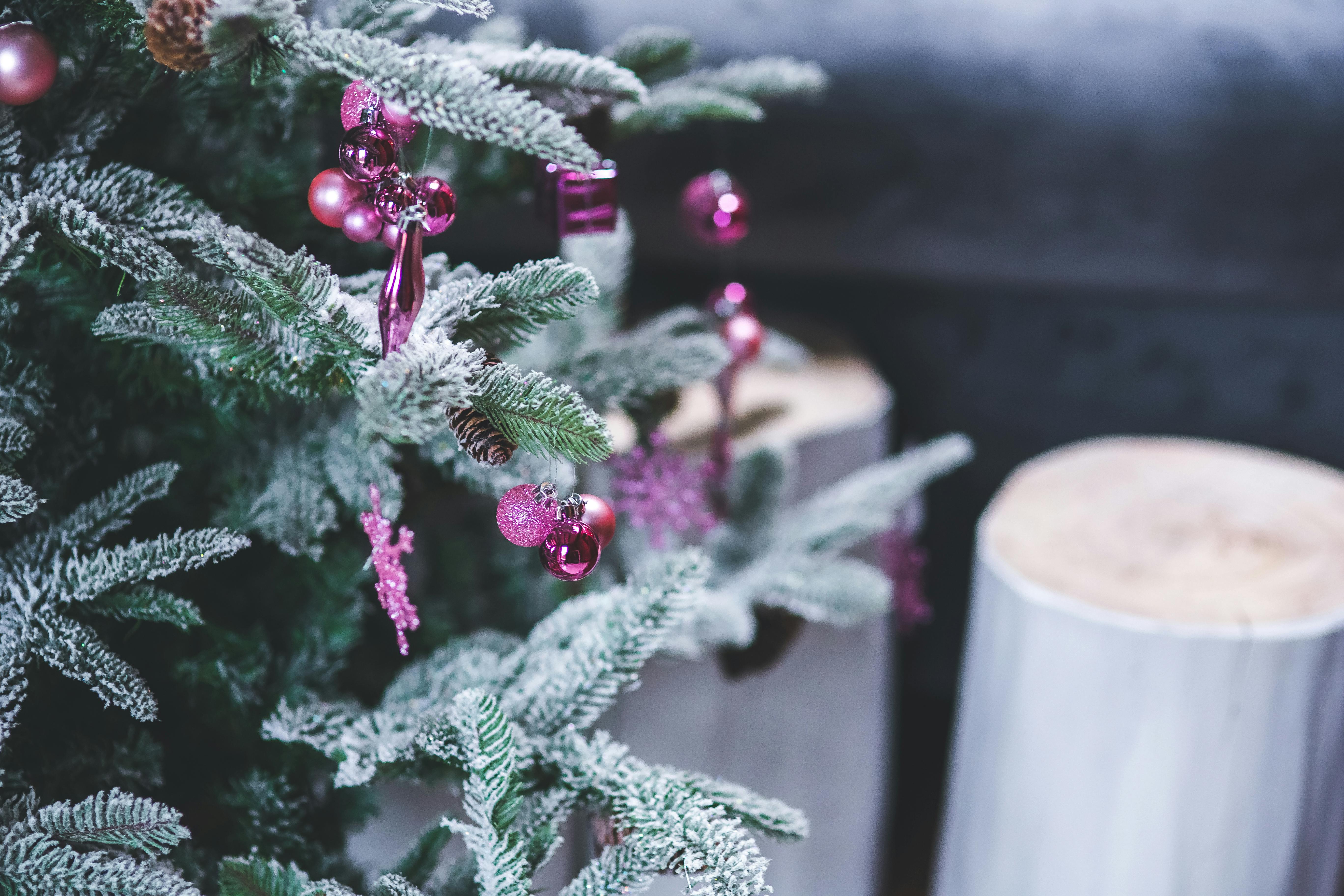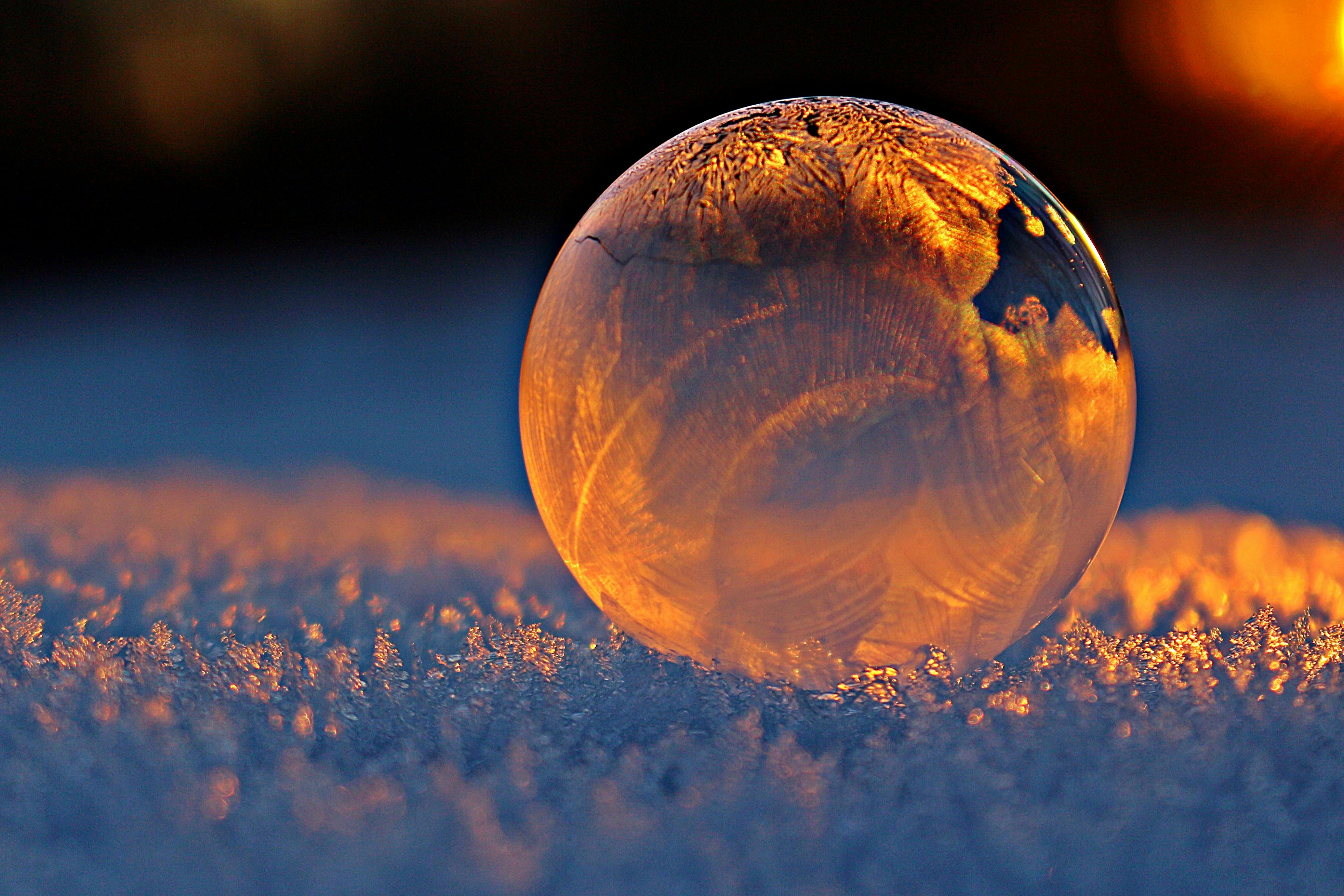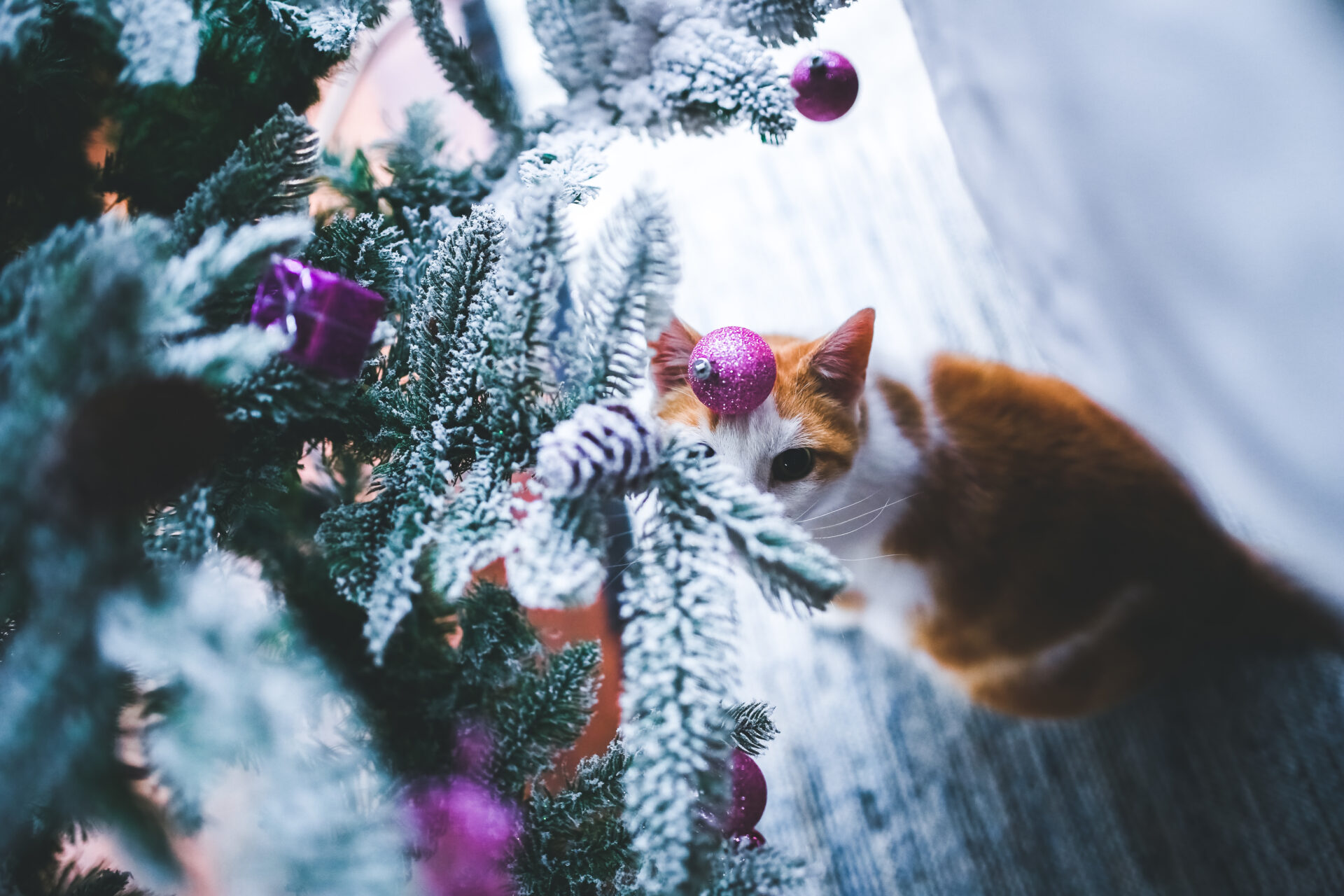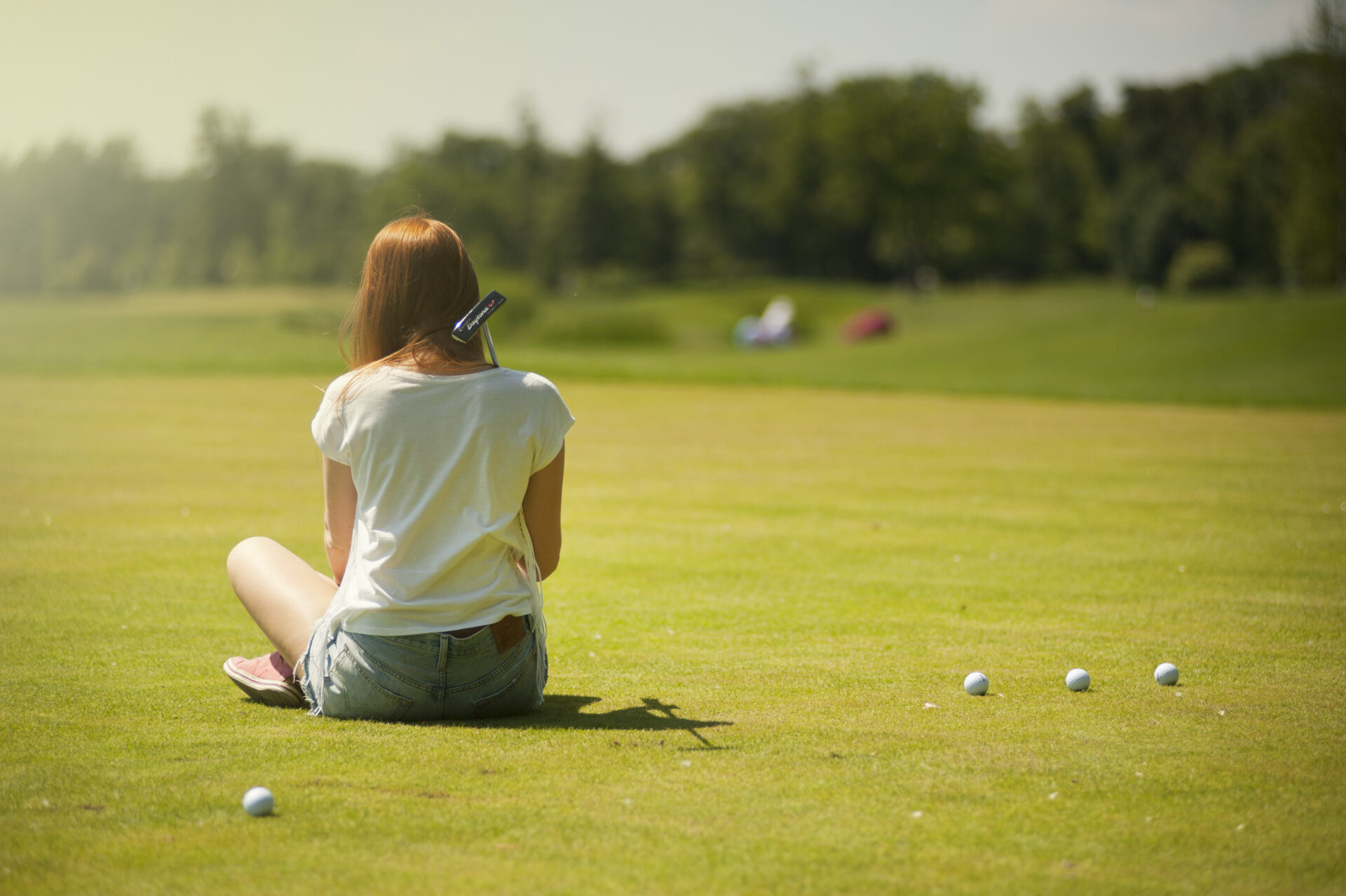Have you ever wondered why your balls are so cold? It’s an age-old question that has plagued men for centuries. If you’re like most men, you’ve probably noticed that your testicles seem to be colder than the rest of your body. This can be uncomfortable and embarrassing, but it’s actually a normal phenomenon. In this article, we’ll explore why our balls are so cold and what we can do to keep them warm.There are a few potential reasons why your testicles might feel cold. One possibility is that you are wearing tight clothing or underwear. Tight clothing can restrict the circulation of blood to the testicles, which can make them feel cold. Another possible reason is that your environment is too cold. If you are in a cold room or outside in colder weather, your body may be trying to keep your core warm by diverting blood away from your extremities, including your testicles. Finally, some medical conditions, such as varicocele or undescended testes, can cause the testicles to feel cold and/or painful. If you experience persistent or concerning symptoms in addition to feeling cold balls, it may be best to consult with a doctor for an evaluation and advice.
Is It Normal for Your Testicles to Feel Cold?
It is normal for your testicles to feel cold, as they are located outside of the body and are exposed to the elements. The temperature of the testes can be affected by ambient temperature, clothing, activity level and body size. As a result, men can often experience changes in their testicular temperature that are considered normal.
The average temperature of the testes ranges from 95-97°F (35-36°C). This is slightly lower than the average core body temperature of 98.6°F (37°C). The scrotum is made up of thin skin that helps regulate the temperature of the testicles by contracting or expanding depending on environmental factors.
When it’s cold outside, your scrotum will contract in an effort to keep your testicles warm. This is known as the cremasteric reflex and it can cause your testicles to feel cold. If you’re wearing tight underwear or clothing, this can also cause your testicles to feel cold due to a lack of circulation.
On hot days, your scrotum will expand in order to cool down your testicles. This will make them feel cool or even cold. If you’re engaging in strenuous physical activity, this can also cause them to feel cool due to increased blood flow away from your testicles and towards other muscles that need more energy during exercise.
In general, if you experience changes in your testicular temperature that don’t last more than a few hours or days, then it is likely normal and nothing to be concerned about. However, if you notice changes in both sides that last longer than a few days or if one side feels significantly different than the other side, then it is best to contact your doctor for further evaluation.
What Temperature Should My Balls Be?
The temperature of your testicles is an important factor when it comes to fertility and overall health. Normal testicular temperature should be between 96-99°F (35.5-37.2°C). If the temperature of your testicles is too high or too low, it can negatively affect sperm production and quality, leading to fertility problems. Therefore, it’s important to keep your testicular temperature within the normal range.
There are several ways to ensure that your testicular temperature stays within the normal range. Wearing boxers instead of briefs or tight underwear can help keep air circulating and dissipate heat from the testicles. Staying hydrated with water throughout the day helps keep your body cool as well as regulate your hormonal balance. You may also consider taking a cold shower or bath each day to help keep your body cool and reduce any heat stress on the testicles.
If you suspect that your testicular temperature may be too high or too low, it’s important to speak with a doctor as soon as possible. Your doctor can run tests to determine if there are any underlying conditions that may be causing an abnormal temperature in your testicles. They can also provide advice on how to best maintain a healthy testicular temperature in order to avoid any fertility issues down the line.
What Causes Cold Balls?
Cold balls, also known as testicular chill, is a condition in which one or both testicles become cool to the touch. This can be caused by a variety of conditions, ranging from mild to serious. It is important to have your doctor evaluate your symptoms to determine the cause and develop an appropriate treatment plan.
The most common causes of cold balls include poor circulation, infection, and nerve damage. Poor circulation occurs when blood flow is restricted in the testicles due to narrowing of the blood vessels. This can lead to a decrease in temperature in the area surrounding the testicles.
Infection can also cause cold balls. Bacterial and viral infections can reduce blood flow to the genitals, resulting in a drop in temperature. If left untreated, these infections can lead to more serious complications such as infertility or even testicular cancer.
Nerve damage is another potential cause of cold balls. Nerve damage may occur due to trauma or surgery, and it can impede proper blood flow and decrease temperature in the testicles area. Additionally, some medical conditions such as diabetes may also cause nerve damage that affects proper blood flow and leads to cold balls.
Other possible causes of cold balls include varicocele (enlarged veins surrounding the testes), hydrocele (a buildup of fluid around one or both testicles), or an undescended testicle (when one or both testicles have not descended into the scrotum). In some cases, stress may also lead to cold balls due to increased muscle tension and decreased circulation in the affected area.
It is important to speak with your doctor if you experience any symptoms of cold balls so they can evaluate your condition and determine which treatment plan is best for you. Treatments may include lifestyle changes such as wearing loose-fitting clothing or avoiding tight underwear; medications; physical therapy; or surgery depending on what is causing your symptoms.
Stress and Low Testosterone May Cause Cold Balls
It is not uncommon for men to experience cold balls during times of extreme stress or when testosterone levels are low. Cold balls can be an uncomfortable sensation and can be caused by a variety of reasons. It is important to understand what causes cold balls and how to treat them in order to avoid any further discomfort.
Stress is one of the most common causes of cold balls. When we experience a stressful situation, our bodies release certain hormones that can cause our testicles to become cold. This happens because the body releases hormones that cause blood vessels in the testicles to constrict, which reduces blood flow and causes the testicles to become cold.
Low testosterone levels can also lead to cold balls. Testosterone is an important hormone for male reproduction and sexual health, and when levels are low it can lead to a decrease in libido and other symptoms such as cold balls. Low testosterone levels can be caused by age, lifestyle factors such as poor diet or lack of exercise, or medical conditions such as hypogonadism or pituitary gland disorders.
Cold balls can be treated by managing stress levels and increasing testosterone levels through lifestyle changes such as exercising regularly, eating a healthy diet, and getting enough sleep. If lifestyle changes do not help, then medical treatments may be necessary in order to increase testosterone levels and reduce any discomfort from cold balls.

How to Heat Up Your Balls
Heating up your balls can increase blood flow to the region, relax your muscles and improve performance during physical activity. It is also a great way to soothe soreness and ease pain associated with tight or sore muscles. Heating up your balls is easy and can be done at home or at the gym. Here are some tips on how to heat up your balls for optimal results:
1. Take a warm shower. The warm water of the shower will help heat up your balls and increase blood flow to the area. Be sure to use a mild soap so that you don’t irritate the sensitive skin of your scrotal sac.
2. Use a heating pad or electric blanket. Placing a warm heating pad or electric blanket on your lower abdomen can help heat up your balls, as well as provide relief from pain and tightness in the area. Be sure to use a low setting so that you don’t burn yourself.
3. Soak in an Epsom salt bath. An Epsom salt bath can help relax muscles, reduce inflammation, and improve circulation throughout the body, including in the scrotal area. Simply add 2 cups of Epsom salt to a warm bath and soak for 15-20 minutes.
4. Use hot compresses or hot packs. Applying hot compresses or hot packs directly to your lower abdomen can help heat up your balls quickly and efficiently. You can purchase disposable hot packs at most drugstores or make one at home by soaking a cloth in warm water and placing it over the area for 10-15 minutes.
5. Wear loose fitting clothing when exercising. Wearing loose fitting clothing during physical activity will allow air circulation around the scrotal sac, which helps keep it cool during exercise while also allowing it to breathe more easily during rest periods between activities.
By following these simple tips, you can keep your balls cool and comfortable while participating in physical activities such as running, cycling, swimming, etc., as well as during everyday life activities like sitting at a desk or sleeping in bed!
Home Remedies for Cold Balls
Cold balls, also known as testicular chill, is a condition wherein the testicles become unusually cold. It is usually caused by a sudden drop in temperature or having been exposed to cold water or air for a long period of time. Although it is generally not considered a serious health issue, it can be quite uncomfortable and painful. Fortunately, there are several home remedies that can help relieve the discomfort and reduce the chill.
One of the easiest and quickest ways to soothe cold balls is to take a warm bath. The warmth of the water helps to relax the muscles and reduce pain. Additionally, adding some Epsom salt or essential oils such as lavender, rosemary, or tea tree can help to further soothe and relax the area.
Another popular method for relieving cold balls is to apply a warm compress on the affected area. A warm compress helps to reduce inflammation and increase circulation in the area which promotes healing and reduces discomfort. It’s important to make sure that the compress isn’t too hot as this could cause further irritation or burns on sensitive skin.
Herbal teas are also effective in treating cold balls due to their anti-inflammatory properties. Chamomile tea has been used for centuries as a natural remedy for reducing swelling and providing relief from discomfort. Other herbs such as ginger, nettle leaf, passionflower, lemon balm, peppermint, and echinacea can also be used in tea form to relieve symptoms of cold balls.
Finally, consuming foods high in zinc such as shellfish like oysters or pumpkin seeds can help boost immunity and improve circulation which may help with relieving cold balls symptoms faster. Additionally, wearing loose-fitting underwear made from breathable fabrics like cotton can go a long way in helping prevent future bouts of testicular chill.
Overall, it’s important to stay warm when outdoors and make sure that any tight clothing isn’t worn too tightly in order to avoid further episodes of cold balls. If symptoms persist despite attempting these home remedies then it’s best to seek medical advice from your doctor or healthcare provider.
When to See a Doctor for Cold Balls
Cold balls, or testicular hypothermia, is a condition that occurs when the temperature of the scrotum drops below normal. This can cause pain and discomfort and can even result in infertility if left untreated. It is important to know when to see a doctor for treatment if you are experiencing cold balls.
If you are feeling pain or discomfort in your testicles, it is important to see your doctor as soon as possible. Pain or discomfort may be caused by a number of things, and your doctor can help diagnose the cause and provide treatment if necessary. A physical examination will be done to check for any signs of infection or inflammation that may be causing the pain.
Another indication that it may be time to see a doctor for cold balls is if there is swelling in the scrotum. Swelling can be caused by an infection or inflammation and should not be ignored. If there is swelling, you should see your doctor immediately as this could indicate a more serious underlying issue.
If you have been exposed to cold temperatures for prolonged periods of time, it is also important to seek medical attention right away. Prolonged exposure to cold temperatures can cause testicular hypothermia, which can lead to infertility if left untreated. Your doctor will be able to diagnose the condition and provide treatment if necessary.
It is also important to note that cold balls can often occur after vigorous exercise or activity involving the groin area such as biking, running, or swimming for extended periods of time without proper cooling down afterwards. If you feel discomfort after engaging in these activities, it may be time to see your doctor for treatment as this could indicate testicular hypothermia.
In general, if you experience any pain or discomfort in your testicles along with swelling or prolonged exposure to cold temperatures, it is best to seek medical attention right away so that your doctor can diagnose any underlying issues and provide appropriate treatment if necessary. Early diagnosis and treatment are key in preventing further complications such as infertility due to testicular hypothermia.

Conclusion
The answer to the question “Why Are My Balls So Cold?” is complex. There are several possible causes, ranging from medical conditions and lifestyle factors to environmental factors. It’s important to consider all of these factors when trying to address the issue of cold testicles.
In some cases, making lifestyle changes such as wearing looser clothing or exercising more can help reduce discomfort associated with cold testicles. In other cases, medical treatment or surgery may be necessary. If the cause of cold testicles is related to a medical condition, it’s important to seek the advice of a healthcare professional in order to receive an accurate diagnosis and appropriate treatment plan.
Overall, it’s important to pay attention to any changes in your body and seek medical advice if you have any concerns about your testicular temperature or other symptoms associated with cold testicles.
With this information in mind, you should now have a better understanding of why your balls may be cold and how you can address the issue if it becomes bothersome or uncomfortable.




